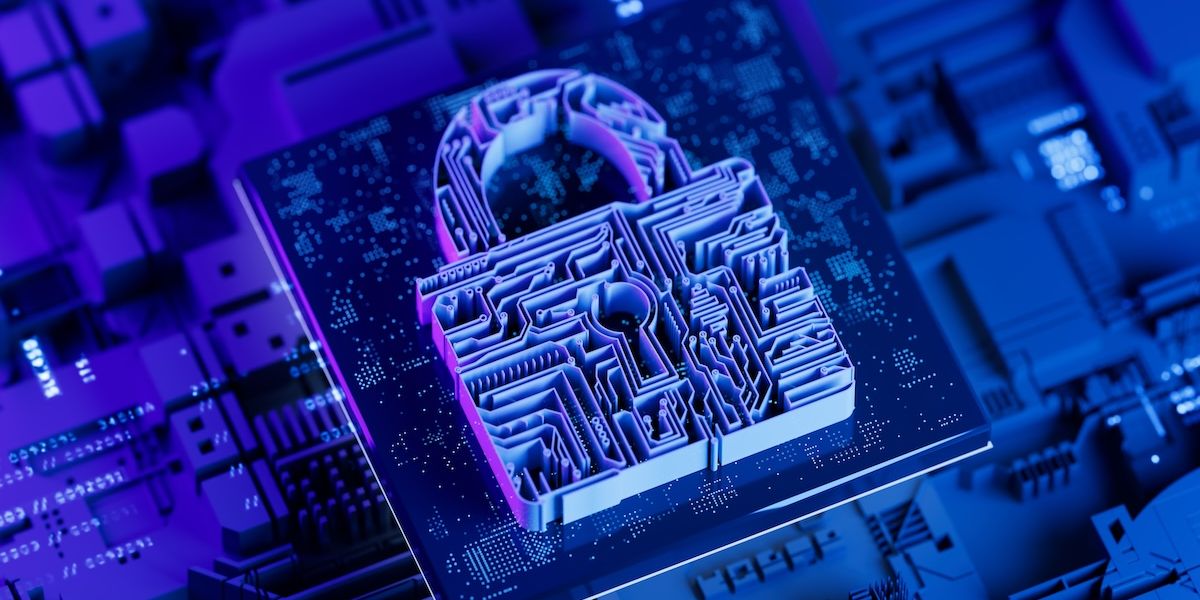Types of Computer Viruses
Cybersecurity has never been as important as it is today! Whether private individuals, companies or other organizations, anyone can become a target for malicious attackers. In most cases, the attack aims to acquire certain personal data, such as bank card data or valuable industrial information in the case of companies. To defend effectively, we need to be familiar with the types of computer viruses. We have prepared a guide for this!
Cybersecurity incidents are increasingly making our lives bitter. According to statistics, 2200 cyber attacks happen every day, averaging one every 39 seconds. Interestingly, 92% of malicious programs come via email and the healthcare sector still remains the primary target for ransomware attacks.
The numbers also reveal that in 2022, 71% of companies reported being victims of ransomware attacks, the rate of DDoS (Denial of Service) attacks increased by 60%, while 1.15 billion IoT incidents were reported.
In this escalating situation, it is crucial to pay proper attention to cyber defense. To do this more effectively, we need to understand what we are up against, i.e., the types of computer viruses! Here comes the list!
Types of Computer Viruses
We can define the types of computer viruses in several aspects, for example, based on what they are attacking, how much damage they do, or how they spread. In the latter regard, we can talk about boot viruses, application viruses, macro viruses, and worms.
- Boot viruses hide in the boot sector of the hard disk and activate when the operating system starts, these days they are less common.
- There are application, or program viruses, which target code-containing files, writing over them with their own code or attaching to the end of the existing code. When launched, they enter the memory and infect the other running programs.
- Macro viruses can automate certain steps, so all it takes is to open an infected file, and they are already in memory, infecting every subsequently opened file, typically a document.
- Worms are able to hide on computers and collect information about the user, then transmit this to the specified destination.
Next, we showcase the most widespread types of computer viruses.
Adware
Adwares, or advertisement software, are automated software that displays advertisements on the user's computer without their permission. They usually get onto the system when installing computer programs, often without the user realizing that they have consented to their installation. These forms of advertisements can be extremely annoying as they can slow down the system and collect personal data from users.
BOT
Bots, or botnets, a kind of networked computer virus, capable of performing mass, automated actions, often providing attackers with access to the victim's system. They are typically used for sending spam emails and initiating DDoS attacks. Bots integrate into the system and work virtually unnoticed in the background.
Hoax
Hoaxes, also known as fake news, are computer "viruses" that actually do not harm the system but can disrupt user activities with unnecessary panic and spreading false information. They often spread in the form of emails or messages, asking the recipient to forward the information to as many people as possible.
Malware
Malwares, also known as malicious software, steal user data, block systems, or can even paralyze entire networks. This is a general umbrella category.
Data Phishing
Data phishing, or just "phishing" is a very devious type of computer virus. In operation, the perpetrators aim to persuade the victims to provide their data, such as login data, bank card data or personal information.
Rootkit
With the help of rootkits, control over computers can be taken over. They include programs that can hide certain processes, files from the user.
Scams
Scams, or internet frauds can be extremely varied, but what they share is the attempt to take something of value from us, whether that be money, personal information or our login details to a service. Fraudsters often take advantage of the user's gullibility.
Spyware
Spyware, are software that collects information about the computer user without their knowledge. Their goal is to steal personal data, browsing habits, or personal settings, then send them to third parties. Spyware often installs on the computer without the user's knowledge, usually as an attachment to other software, most often free applications. To protect against them, regular virus scanning, and using suitable security software, can help detect and remove these malicious codes.
Trojan Program
The Trojan viruses constitute a fundamental type of computer viruses. They got their name from the infamous Trojan horse, as they work similarly: they disguise themselves as harmless, trustworthy programs to get onto the user's computer, then cause damage there. Trojan viruses often masquerade as applications or files, such as software updates or downloadable games.
Worm
Worms are malicious programs capable of spreading independently through networks, meaning they do not require human intervention or other programs to reproduce. During their operation, they can severely overload computer networks and systems, slowing their operation, or even bringing them down entirely. The basis of protection against them is the use of appropriate virus scanning software and the regular updating of software, operating systems.
SERCO helps you to keep company data safe. Click and learn more about our cybersecurity service!


